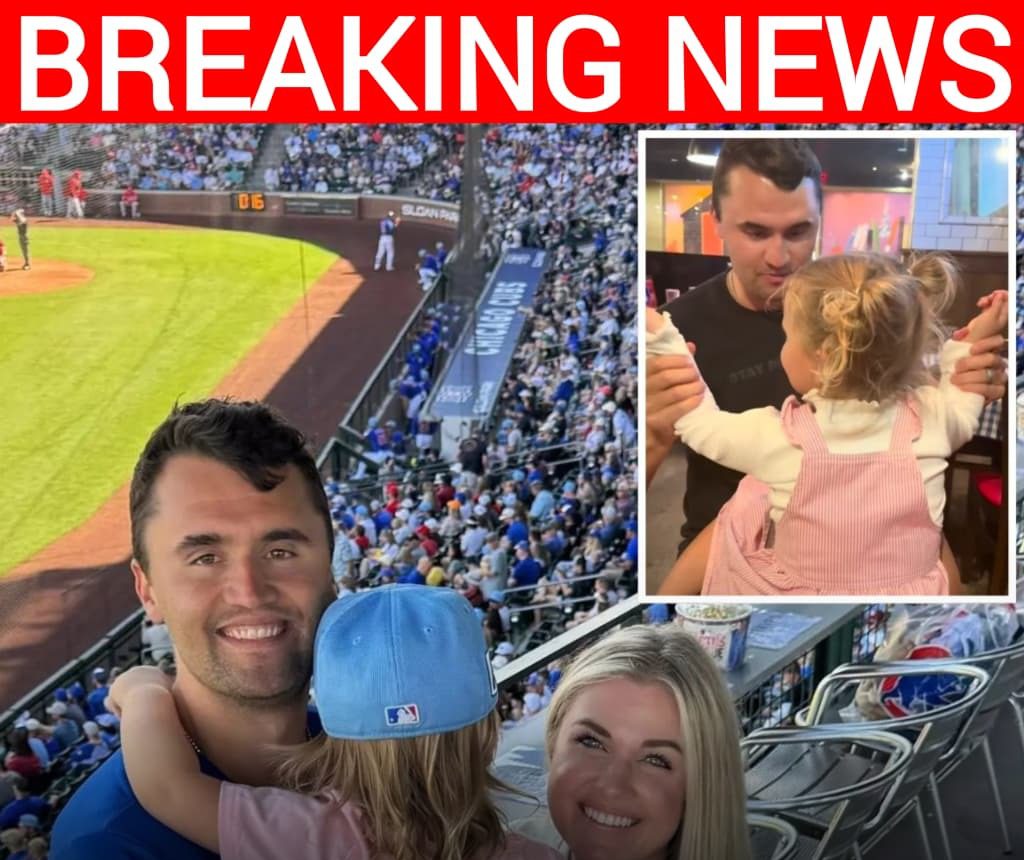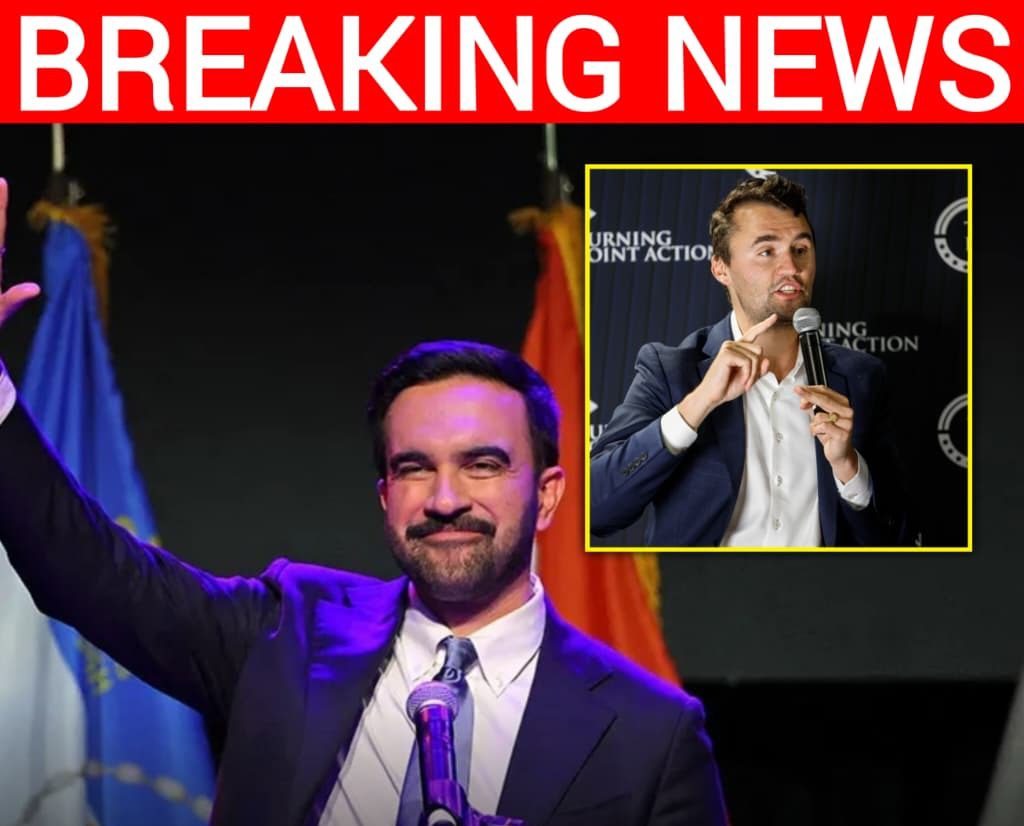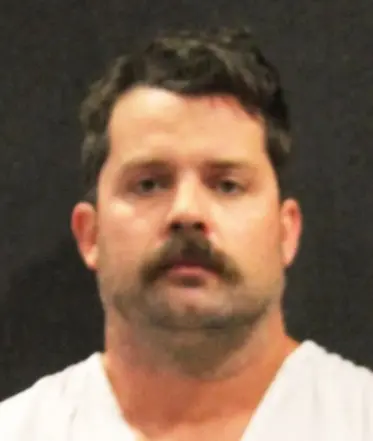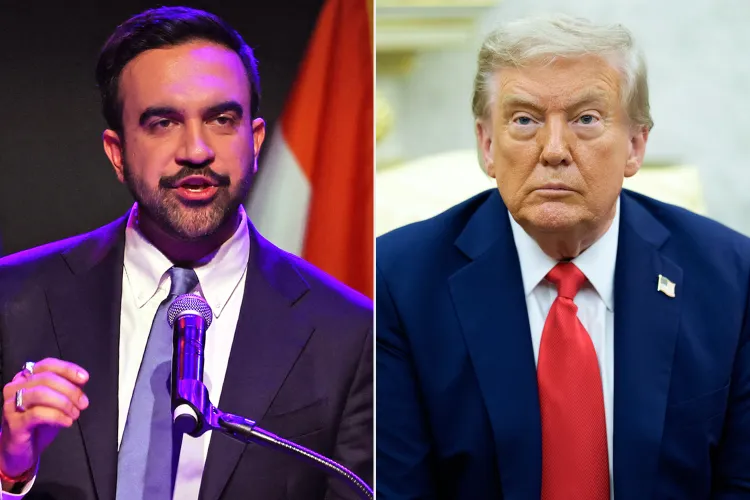Tragedy and Hope Collide — Charlie Kirk’s Widow Opens Up as Their 3-Year-Old Daughter Keeps Asking Where Her ‘Daddy’ Went
In the quiet moments of early morning, long after the microphones are stilled and the cameras have moved on, a small voice still asks a big question: “Where’s Daddy?” That question comes from a little girl barely three years old, the daughter of conservative activist Charlie Kirk and his widow, Erika Kirk. Since Charlie’s assassination in September 2025, the couple’s lives and legacy have been forever changed, and the world is watching as Erika navigates motherhood, grief and a public role she never expected to assume.

Charlie Kirk, 31, was shot and killed on September 10 while speaking at an event hosted by the organization he co-founded, Turning Point USA, at Utah Valley University. The suspected killer, 22-year-old Tyler Robinson, was arrested and now faces multiple charges including aggravated murder. The tragedy reverberated beyond conservative politics, touching raw nerves in a nation already wrestling with political violence.

In her first televised interview since the murder, Erika Kirk shared how their daughter still asks for her father. At one point, she gently told her child, “Daddy is in heaven,” prompting the young girl to quietly ask: “Do you think I could go sometime?” Erika’s answer—“Yes, baby, we will all go one day”—echoes with sorrow and faith.
Erika and Charlie had built their life together over four years of marriage, welcoming a daughter in August 2022 and a son in May 2024. Their family remained private, typically shielding their children from the spotlight. The shooting changed everything in an instant. The image of Erika telling her daughter to “look up to the sky and talk to Daddy” became one of many haunting glimpses into the private grief of a public figure.
Beyond the family’s loss lies a broader conversation. Charlie’s work centered on conservative youth politics, campus activism and media influence. In the aftermath, Erika was announced as his successor as CEO of Turning Point USA. She now shoulders what was once his public mission: to carry forward a movement, to lead an organization and to deliver on a vision cut short by violence.

This transformation—widow, mother of two, public leader—adds both weight and complexity to Erika’s journey. She acknowledges that vulnerability: she expected he would survive, she recalled. The reality of his death hit when she saw him in the hospital and recognized the smirk on his face—a quiet signal she interprets as “you got the body, but not the soul.”
For the small daughter, life is now a series of questions and new rituals. She asks why her daddy won’t be home, and Erika has said she turns their grief into a teaching moment. “If you ever want to talk to Daddy,” she told her daughter, “just look up to the sky and start talking, and he can hear you.” The heartbreaking truth is layered with hope: they believe in eternity, in resurrection, in a future that honors but cannot recreate what was lost.

Watching from the sidelines, supporters and colleagues of Charlie Kirk see this moment not just as personal sorrow but as turning point. They talk about grief and legacy, about what happens when an icon falls and someone else takes the torch. Erika’s commitment to lead Turning Point USA, to protect her children and to continue the mission is now in real time.
At the same time, the case itself raises deeper questions about safety, activism and politics. The killing of Charlie Kirk was captured on video, circulated online, and triggered national debate about violent extremism and media coverage. Platforms struggled with how to moderate the footage, and parents reported children encountering it online — a moment that underscored how politicized violence bleeds into everyday life.

For Erika, one decision stands above the rest: whether to demand vengeance, or to model forgiveness. In interviews, she has said the prosecution will handle the justice side. She spoke of forgiving the killer not because she condones the act, but because she believes her husband would have. That decision mirrors the faith framework they shared.

In the months ahead, the Kirk children grow without the man who promised to protect, guide and lead them. Their mother stands at a crossroads: personal healing, public leadership and the preservation of his voice. The sacrifices are immense. The spotlight remains bright. Yet her message to the world and to her children is firm: “We will not surrender. We will move forward.”
This story is more than a political event. It is family, faith, loss, leadership and legacy all wrapped into one. The daughter who asks “Where’s Daddy?” is both a symbol of innocence and a reminder of what happens when someone larger than life is suddenly gone. Erika’s answer is a witness to love and faith, to strength she never knew she’d need and to a future she must now build alone.



